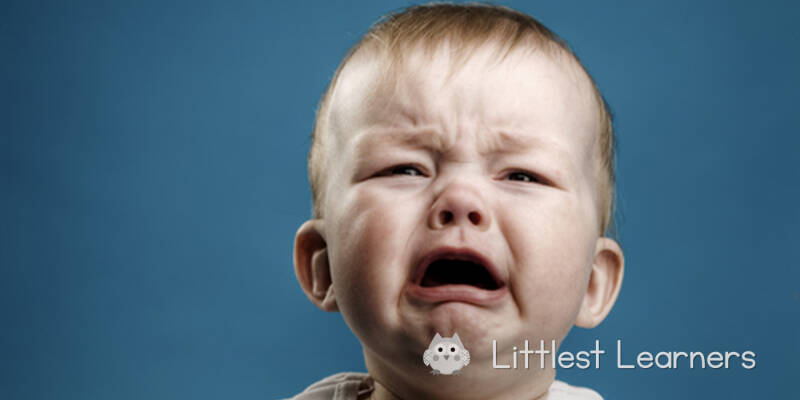There are no items in your basket
Baby mood swings

Does it appear your little one is having a temper tantrum very early on in their life? Did you know that this is actually a sign of intelligence and that you are the parent of a bright, strong willed baby!
What causes this behaviour
A child’s active expression of displeasure doesn’t usually appear until toddlerhood, a result of their underdeveloped impulse control. As all children develop emotionally at different rates,early ‘protests’ can also be seen in infants and usually occur for three main reasons:
- when their desire to accomplish something is far greater than their ability to do so.
- When they don’t want to do something
- When they are physically or emotionally fatigued
Some personality traits have also been proved to be more prone to tantrums including creativity, sensitivity and persistence. Although these traits themselves are desirable and advantageous in adulthood, within infancy and toddlerhood, they can easily lead to frustration and irritation.
Identifying triggers
An infant’s frustration is predominantly triggered by environmental factors. By observing patterns of behaviour, you can identify specific triggers that may be responsible for upsetting or irritating your child. Once identified, you can pre-empt the behaviour and remove the trigger, preventing a meltdown.
For example, if a child was attempting to climb onto a lounge but was unable to, resulting in a meltdown, the frustration was caused by their inability to reach the lounge. The trigger in this situation is the height of the lounge from the floor. By placing a cushion or pillow onto the floor, the child could instead, stand on the cushion to reach the lounge, resulting in a happy accomplishment.
Warning signs
Like toddlers, infants who are emotionally overwhelmed or tired will give you outward ‘signs’ to warn you of a potential meltdown. These indicators of trouble ahead include: grizzling, arching of the back and stiffening of the limbs. By identifying these warning signs, you can quickly defuse the situation before it erupts into a full-blown meltdown.
Neutralizing the meltdown
Unlike toddlers, when an infant loses control they lack the social reasoning skills to manage what they are feeling. With this in mind, during these moments, it is important to respond appropriately to maintain healthy behavior boundaries for your baby. There are two main strategies to neutralize an infant meltdown as soon as you see the behaviour brewing.
- Baby massage
Lovingly stroke your child’s arms, back and hands while calming talking and reassuring your baby. - Distraction
Make a funny face, introduce something interesting or show the child something within the environment to refocus their attention.
Once your baby's motor and verbal skills catch up with his desires, these types of tantrums will subside.